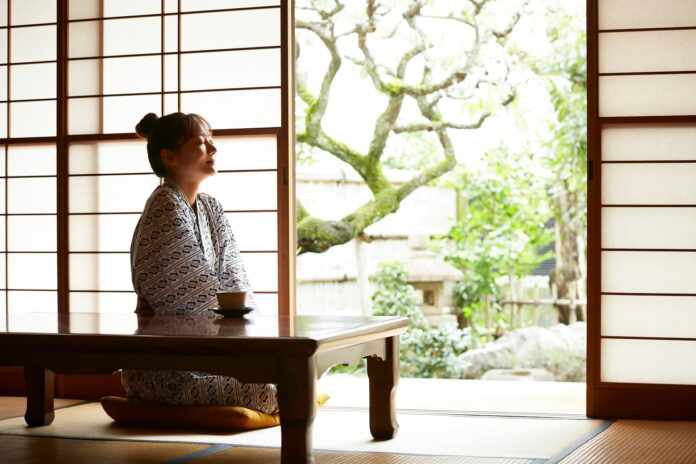‘New year, new eyes’. Perhaps we’re stretching the phrase to its unrecognisable conclusion. Or perhaps it’s unrecognisable because you haven’t been looking after those eyes of yours?
Anyway, since we’re now in the middle of the festive season, it’s important to recognise that winter weather can affect your eyes; whether it’s driving in darker conditions, experiencing dry eyes or being exposed to winter sun. With that in mind, here are our 7 top tips for looking after your eyes this winter.
Consult An Optometrist
A wise but not well worn New Year’s resolution this year; to take yourself to a health professional to give your eyes the once over. Not only may your eyes have deteriorated since your last check-up, but the state of your peepers can also indicate other underlying health issues.
As such, winter is a crucial time for optometrists. Visiting one could address an eye condition before it affects your life.
Winter Sun Warning
The winter months are typically dark and dull, with many people driving to and from work under the cover of darkness. What’s more, the winter sun hangs lower in the sky which can create glare on the roads and other cars. Combine this with that false sense of security that darker days bring (sunglasses? in winter? you must be mad!) and eyes can be damaged during the colder months.
What’s more, snow can reflect as much as 80% of UV radiation – which is double what you would normally be getting. In contrast, water, grass, and soil reflect no more than 10% and dry beach sand up to 15%. So, even though you might not realise it, your eyes might be in danger of being exposed to too much UV radiation in wintry conditions. Take extra caution and care in winter.

Protective Eyewear For Outdoor Activities
Indeed, whilst winter sports and activities can be exhilarating, they also pose risks to your eyes. Activities like skiing, snowboarding, and ice skating can expose your eyes to harmful UV rays, especially at high altitudes where UV exposure is more intense. Moreover, the snow and ice can be highly reflective, increasing the potential for UV damage.
Wearing protective eyewear with 100% UV protection can shield your eyes from the sun’s rays and also protect them from wind and debris. Goggles or wraparound glasses designed for winter sports are essential, not just for UV protection, but also to prevent snow blindness, which is a painful condition caused by overexposure to UV rays.
Central Heating
Central heating, while a blessing for mitigating the chill of cold spells, can create problems for those suffering from dry eyes. Indeed, the central heating system could actually exacerbate dry eye syndrome and create discomfort, soreness and potentially damage vision.
Remembering to keep your eyes moist is one of the best things you can do to protect your eye health. Moisturising your eyes regularly if you are wearing glasses or taking good care of your contact lensesis essential here. In terms of lenses, it’s important to make sure that you take time to properly clean and moisturise them to keep them from drying out.
Digital Device Diligence
Another eye health problem associated with the winter can be attributed to an increased use of digital screens. With miserable and cold weather, it’s only natural to spend more time inside watching TV or using computers, tablets and smartphones.
But prolonged use of digital devices can contribute to vision problems like eye strain. Yep, those ‘you’ll get square eyes’ warnings from your mother as a child were perhaps rooted in common sense after all. Do your best to limit your use over winter and give your eyes regular breaks.

Follow A Healthy Diet
Eating more healthily is a resolution that tops many people’s lists year after year – but did you know that your diet can affect the health of your eyes too? Foods high in saturated fat and sugar can increase your risk of certain eye diseases, but on the flip side, good nutrition can help delay or prevent certain eye problems.
Indeed, incorporating certain vitamins and minerals can contribute to healthy, sharp sightedness and reduce your risk of disease. The likes of omega-3, vitamins C and E and lutein may help to prevent some vision problems, too.
Stay Hydrated
Hydration is crucial for overall health, but it’s also specifically important for eye health, especially in the winter. Indoor air can be drier during the colder months due to heating, which can lead to dehydration and exacerbate dry eye symptoms. Drinking plenty of water throughout the day can help maintain moisture levels in the eyes.
Additionally, using a humidifier in your home or office can add moisture to the air, which can help prevent your eyes from feeling dry and irritated. Remember, hydration comes not only from drinking water but also from consuming hydrating foods like fruits and vegetables, which can also provide essential nutrients for eye health.
Now, let’s look forward to 2024 with 20/20 vision!





